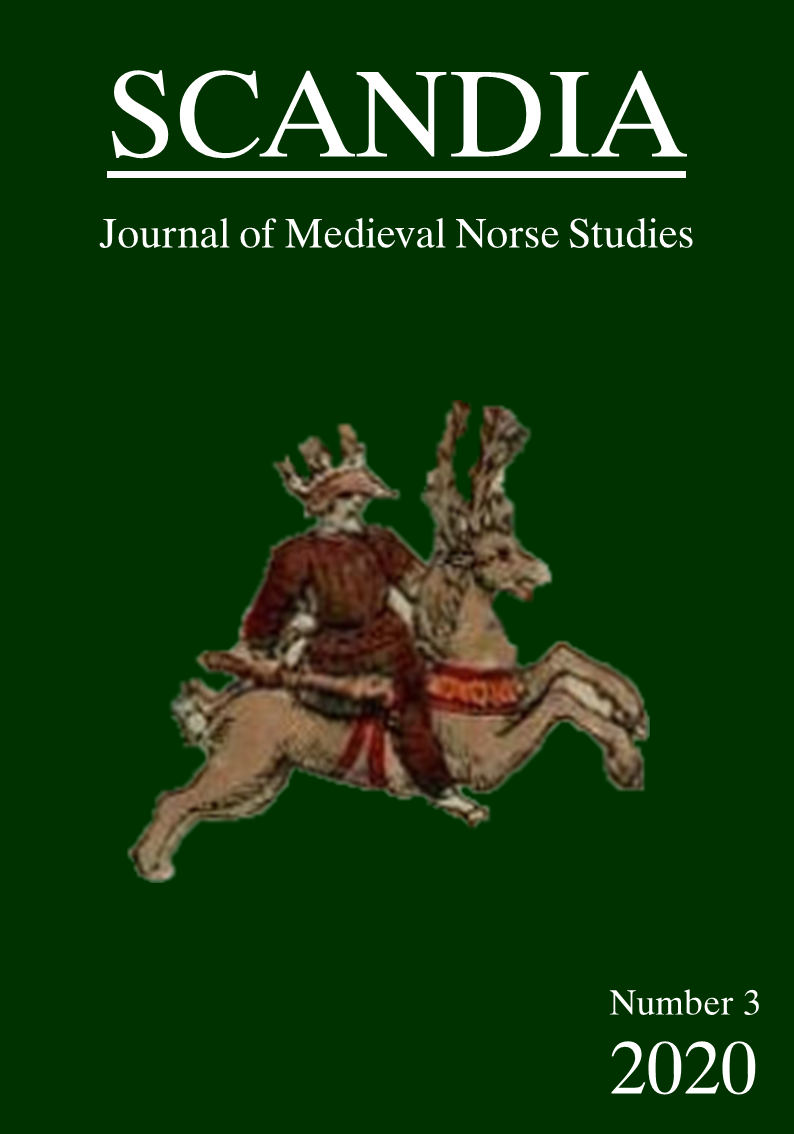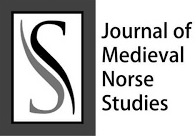THE CONSTRUCTION OF AN IDENTITY IN EARLY NORMANDY: ETHNOGENESIS OF THE GENS NORMANNORUM
Abstract
Starting from the etnogenesis perspective and its focus on the construction of political communities aspect, this paper constitutes itself as an analysis of late-antique and early-medieval thinking in regard to noble and ethnical identity. For such, it aims at comprehending the concepts of gens/gentes and regnum/regna transformations during the period, essential tools in understanding the tradition claimed and applied by the dukes of Normandy in the 10th and 11th centuries. Besides seeking to grasp the construction and application process of the gens and regna concepts regarding the regnum francorum context, which Normandy was connected to, we will delineate a contextual analysis of the creation and consolidation of this Viking-origin political unity in northwestern Francia, as well as the elements that turned the creation of a gens normannorum identity into a political demand inside the ducal court. Tangentially approaching Dudo of Saint-Quentin’s Gesta Normannorum (995 – 1015), one of the main written sources responsible for shaping this ethnic identity, we shall focus our efforts on an analysis of the political elements that have made the registering of the gens normannorum history a decisive tool in the Rollonid dukes pursuit of power and uniformity inside Normandy.
Key-words: gens; Normandy; noble legitimation; Dudo of Saint-Quentin’s Gesta Normannorum
Downloads
Downloads
Published
Issue
Section
License
The author (s) of the original submitted undertake to comply with the following:
- All authors are publicly responsible for it.
- The authors claim that this original is their own and that they assume full responsibility to third parties, whether moral or patrimonial, by reason of its content, stating that the work does not infringe any intellectual property rights of third parties.
- The author (s) agree to the copyrights of the original to Scandia Journal, to which they grant permission for its reproduction, editing and online publication.
- The author (s) grant their copyright of their original to the Scandia Journal, licensed under the Creative Commons Attribution License, which allows the sharing of this work with the acknowledgment of their authorship.
- The author (s) have permission and are encouraged to cite and distribute their original.



